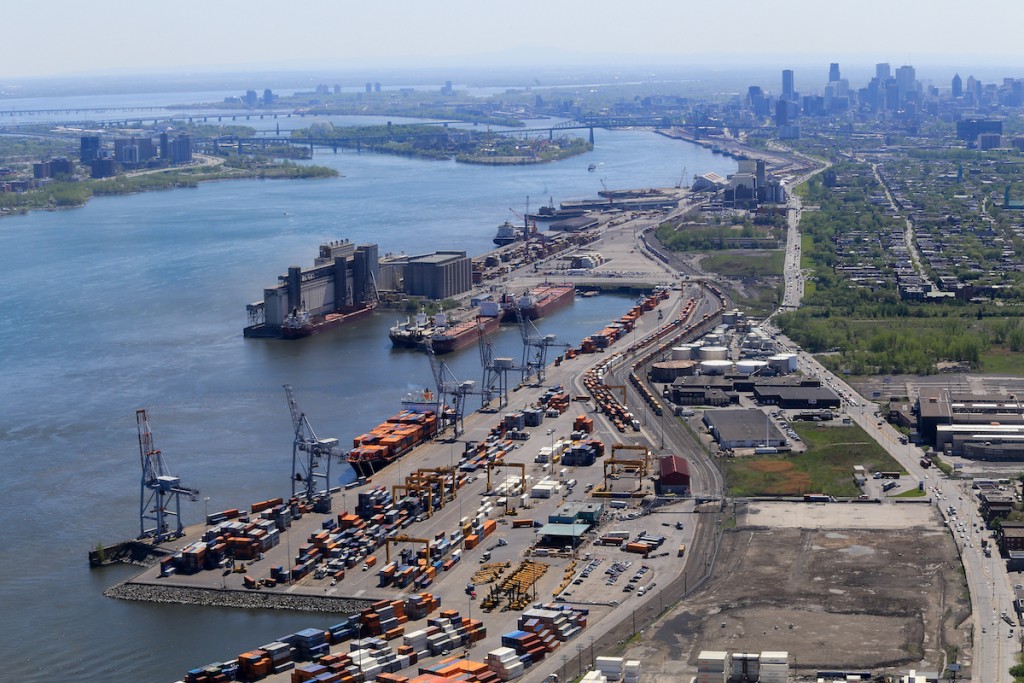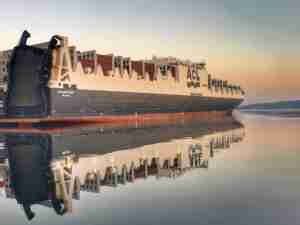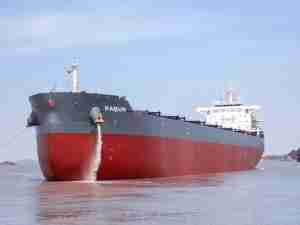
Although a 40-hour strike by longshoremen at the Port of Montreal was launched in mid-afternoon today, the docker union and the Maritime Employers Association (MEA) agreed to resume their long, deadlocked negotiations tomorrow.
In what industry observers qualified as a tactical manoeuver to apply pressure, the job action was taken by the union, CUPE Local 375, by targeting the two terminals operated by Montreal Gateway Terminals Partnership, the largest container operator at Canada’s second biggest port after Vancouver. MGT accounts for just over half of the 1.7 million TEUs handled by Montreal in its container trade principally with Central Canada and the US Midwest.
The mini-strike action affects MGT’s Racine and Cast terminals but not the facilities operated by Termont and Empire Stevedoring or any other bulk, breakbulk and general cargo terminals at the port.
Among main shipping lines calling at the MGT terminals are Hapag-Lloyd, OOCL, CMA CGM, MSC, Maersk and Cosco Shipping. One Hapag-Lloyd vessel, the Genoa Express, was at berth Thursday at Racine terminal but was not likely to be unloaded on schedule. Another Hapag-Lloyd vessel is expected Saturday.
Working conditions, including scheduling, are reported to be a key issue in the prolonged negotiations.
The Maritime Employers Association expressed “disappointment” that the union representing 1,100 dockers “decided to maintain the strike despite the ongoing negotiations.” It added that all precautions have been taken “to ensure that the activities at the Port of Montreal will not be affected by the picket lines.”
The previous collective agreement between the MEA and longshore workers expired on December 31, 2018. On several occasions since then, the union’s membership voted in favour of a strike but held back to pursue negotiations. The decision to take a job action this week follows a ruling earlier this month by the Canadian Industrial Relations Board (CIRB) denying the request of the MEA to designate port services as “essential services” that could not be interrupted by a strike or lockout.
The last waterfront labour conflict to hit Montreal was when employers locked out dockers for several days in July 2010, inducing some ocean carriers to provisionally divert vessels to Halifax.
The MEA stressed it “continues to believe in the actual process of negotiations and wishes to reach an agreement that will be mutually beneficial.”
For its part, the Montreal Port Authority said it was monitoring the situation closely and hoped the two sides would reach an agreement rapidly.









